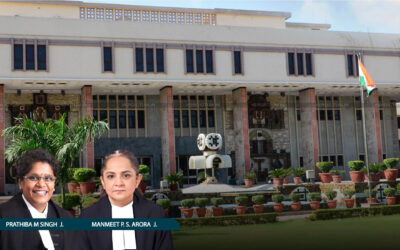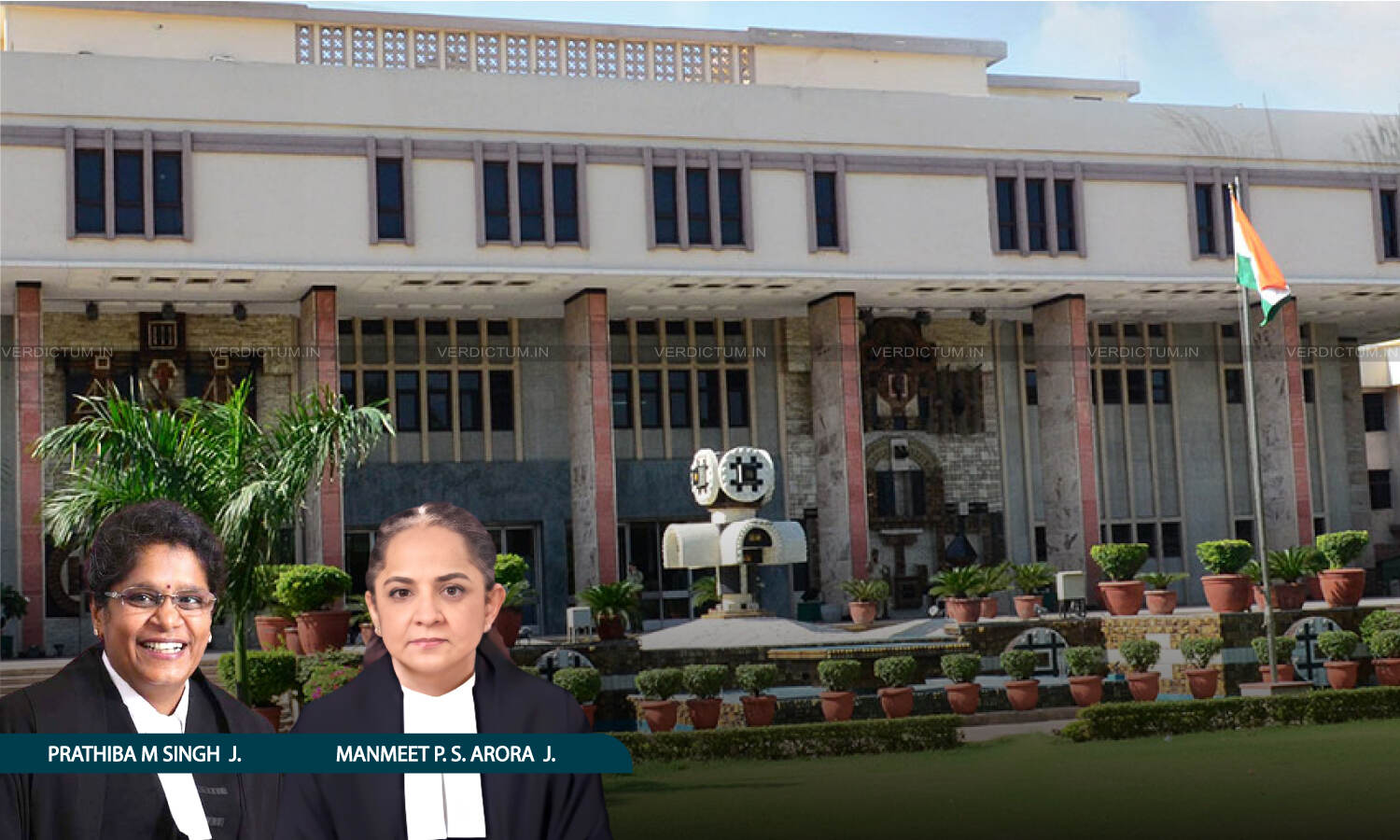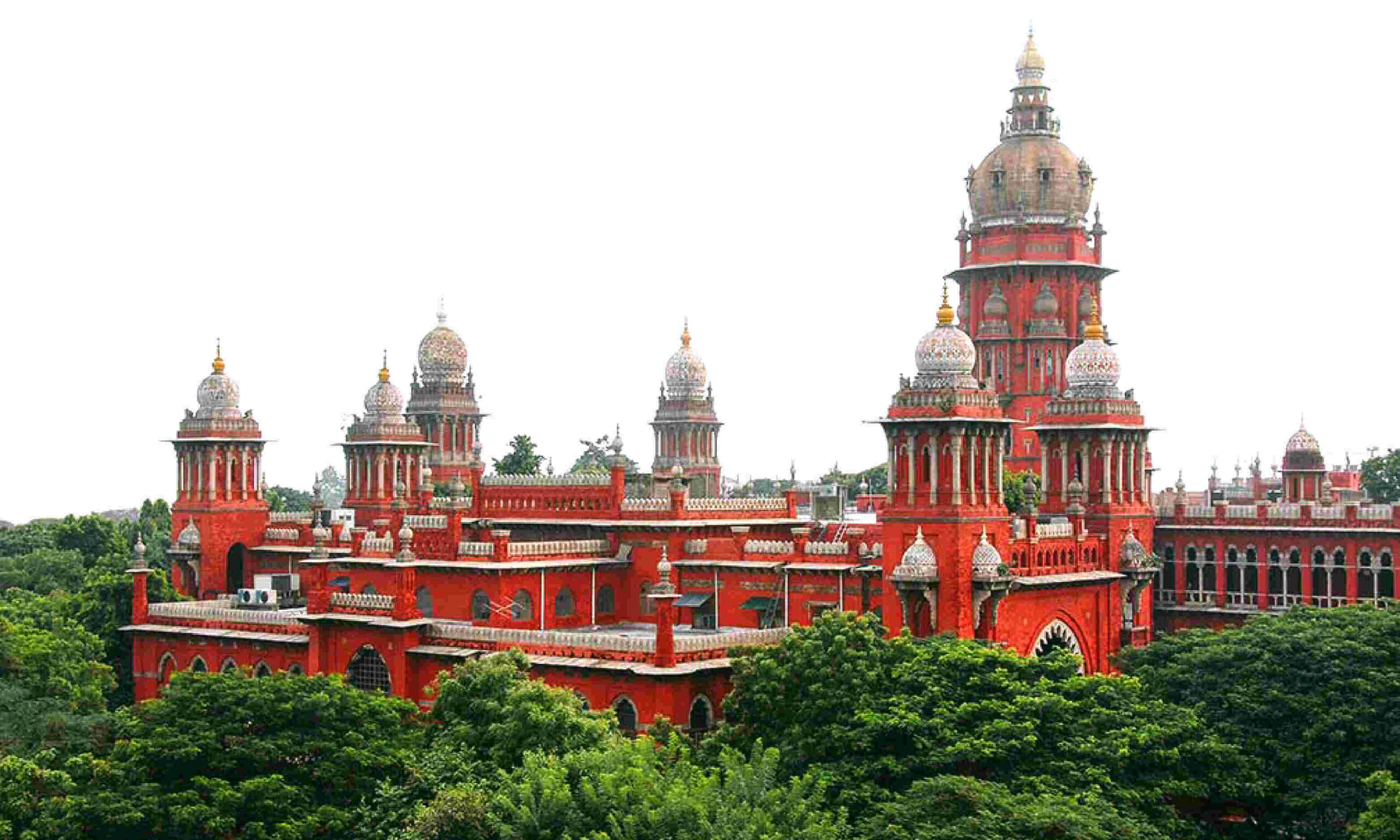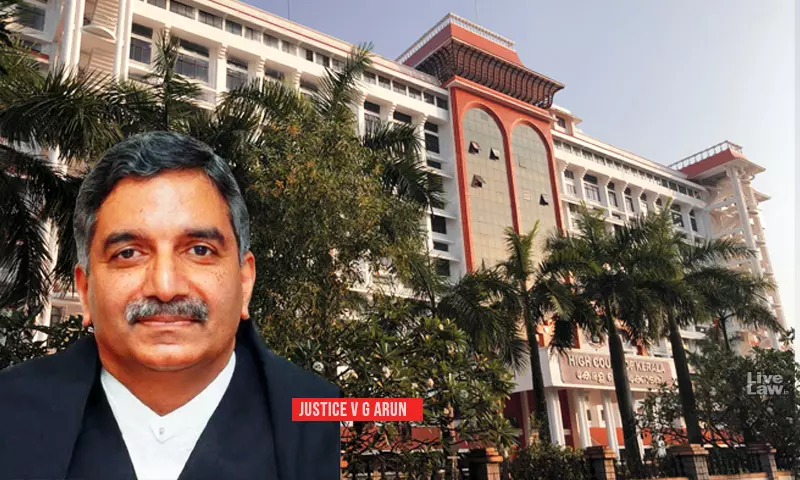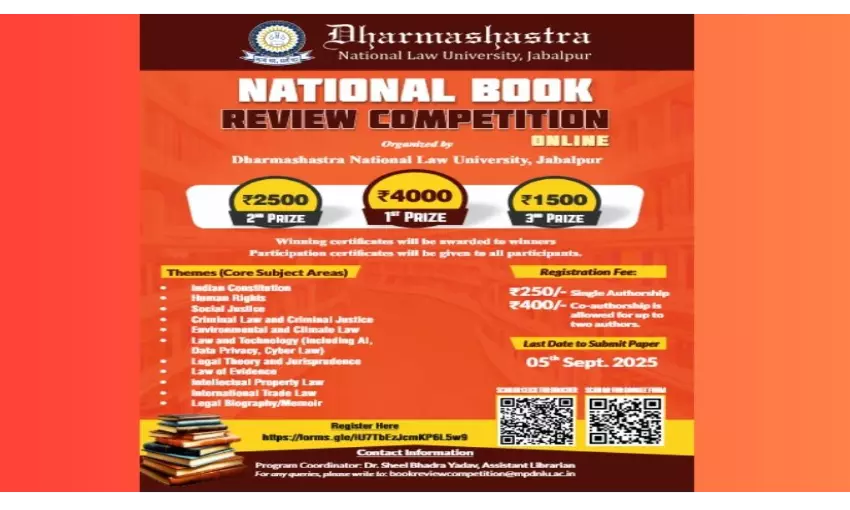Police Can’t Barge Into History Sheeters’ Homes At Night Under Guise Of Surveillance: Kerala High Court
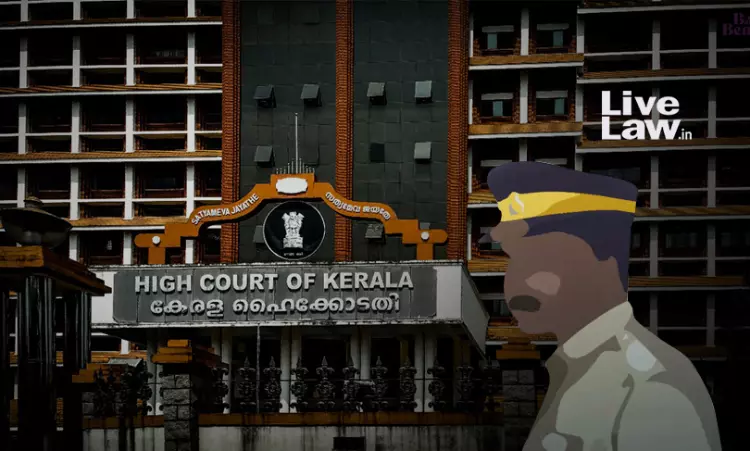
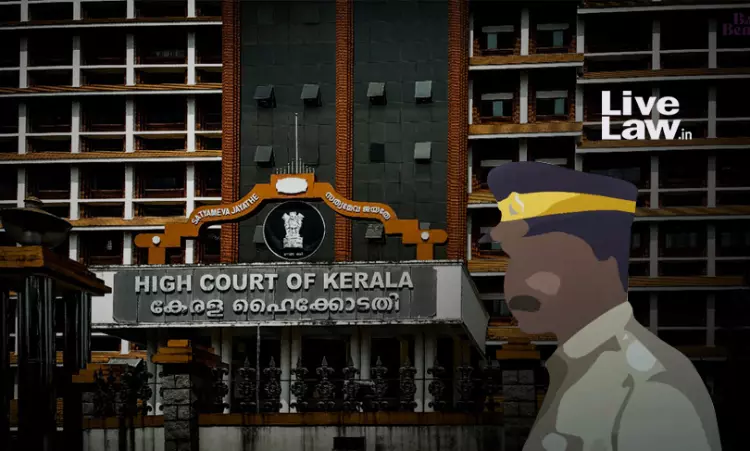
The Kerala High Court has made it clear that Police authorities cannot barge into the house of a history sheeter or any suspect in a criminal case— at night, merely under the garb of surveillance.
Justice V.G. Arun emphasized that every man’s house is his castle or temple, the sanctity of which cannot be vilified by knocking on the door at odd hours.
“A person’s right to life encompasses the right to live with dignity and dignity is non-negotiable…The officers should understand that the concept of home…encompasses a rich tapestry of existential, emotional and social dimensions…under the guise of surveillance, the police cannot knock on the doors or barge into the houses of history sheeters,” the bench observed.
The development comes in a criminal petition preferred by an alleged history-sheeter seeking quashing of an FIR registered against him for interfering in the functions of the Police, punishable under Section 117(e) of the Kerala Police Act. It was alleged that the Petitioner did not let the Police party— on night check duty of Rowdy History Sheeters— enter his house at around 1.30 am.
The Court was thus considering whether the Police has the authority to visit the residences of history sheeters as part of surveillance.
It looked into the General instructions regarding Surveillance, contained in Paragraph 265 of the Police Manual. The Court opined that the Kerala Police Manual is only a set of guidelines, governing the members of the police force and does not fall within the meaning of statute. Moreover, as per the Manual, only ‘informal watching’ of history sheeters is permitted. With respect to persons leading criminal existence, ‘close watch’ is permitted under the provision. In neither of these cases, domicile visit at night is permitted.
The Court looked into the Supreme Court decision of Kharak Singh v. State of U.P. and Others (1962), which laid down the position of law regarding police surveillance. In this judgment, the provision empowering domicile visits was declared to be unconstitutional.
The Court also referred to K.S. Puttaswamy and Another v. Union of India, which declared the right to privacy as a fundamental right.
Considering the law laid down by the Apex Court in the aforesaid cases, the Court held that the police cannot barge into the houses of suspected persons or persons with criminal history in the name of surveillance, that too at odd hours.
The Court also looked into Section 39 of the Kerala Police Act, which states that all persons must comply with the lawful directions given by a Police Officer for the discharge of his functions under the Act.
According to the Court, going into the house of history sheeters at night and asking them to come out cannot be termed as ‘lawful direction’ under Section 39. It thus observed:
“…Knocking on the doors of a history sheeter at midnight and demanding him to come out of the house cannot by any stretch of imagination be termed as a lawful direction. Consequently, the petitioner cannot be prosecuted for the offence under Section 117(e) of the Kerala Police Act, for refusing to abide by that direction. If, as alleged, the petitioner had used derogatory language or threatened the police during the course of such refusal, his action may invite some other offence, but definitely not the offence he is presently charged with.”
As such, the petition was allowed and the FIR lodged against the Petitioner was quashed.
Case No: Crl. M.C. No. 3751 of 2025
Case Title: Prasath C. v. State of Kerala & Anr.
Citation: 2025 LiveLaw (Ker) 355
Counsel for the Petitioner: Ashik K. Mohamed Ali, Muhammed Rifa P.M., Ehlas Haleema C.K., Salman Faris, Gayathri Ashish Nair
Counsel for the Respondents: M.C. Ashi, Sr. PP

